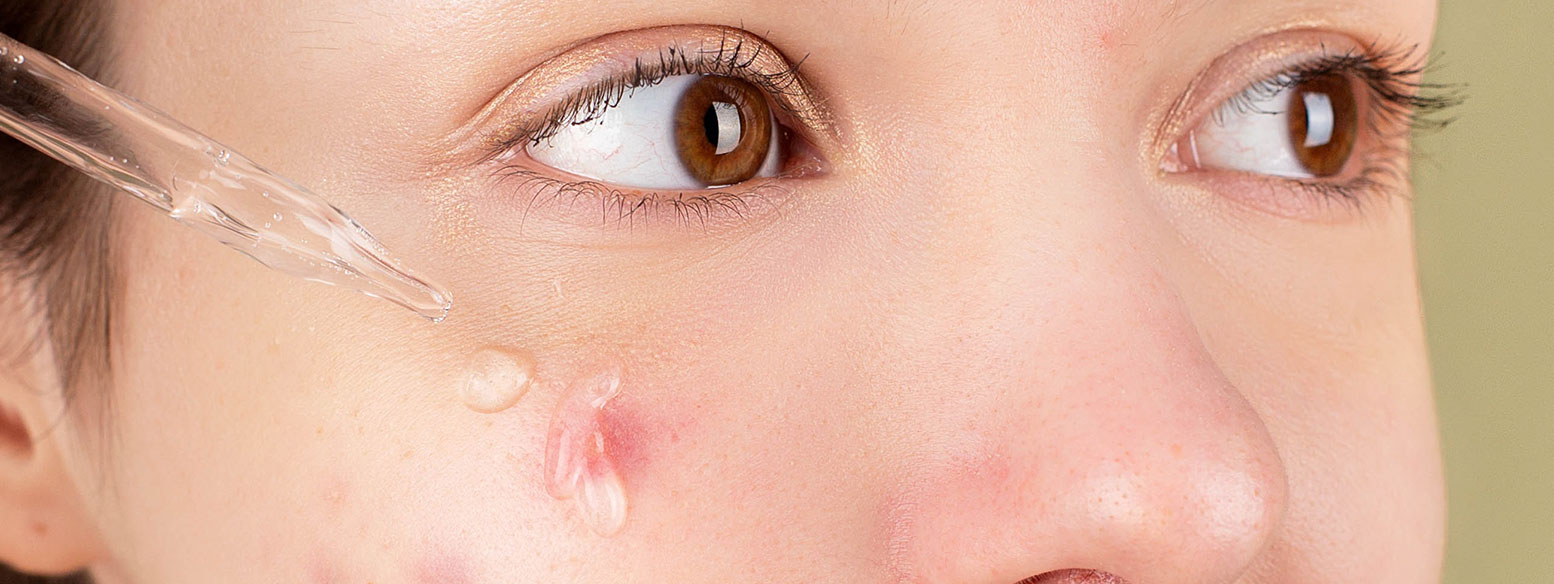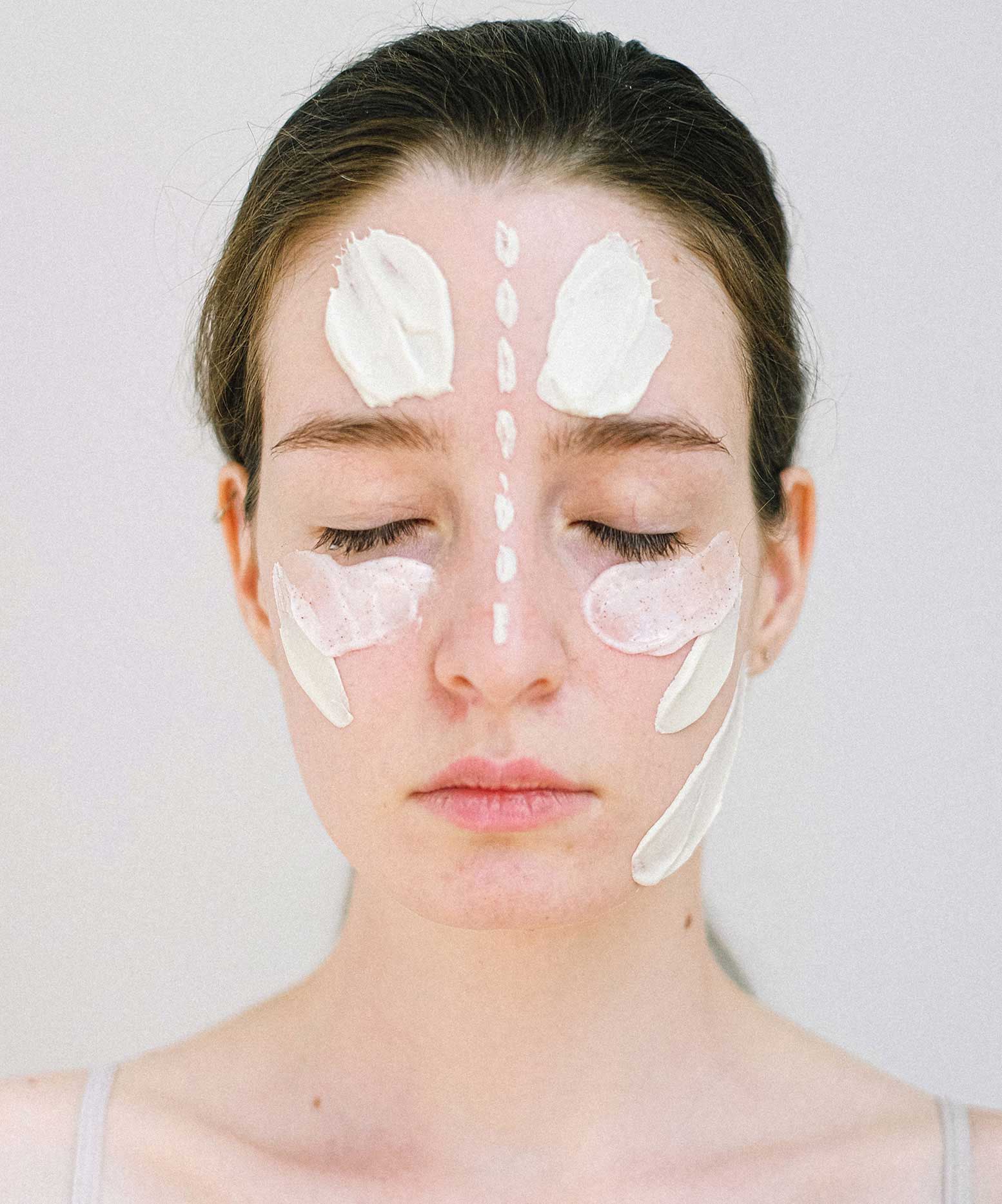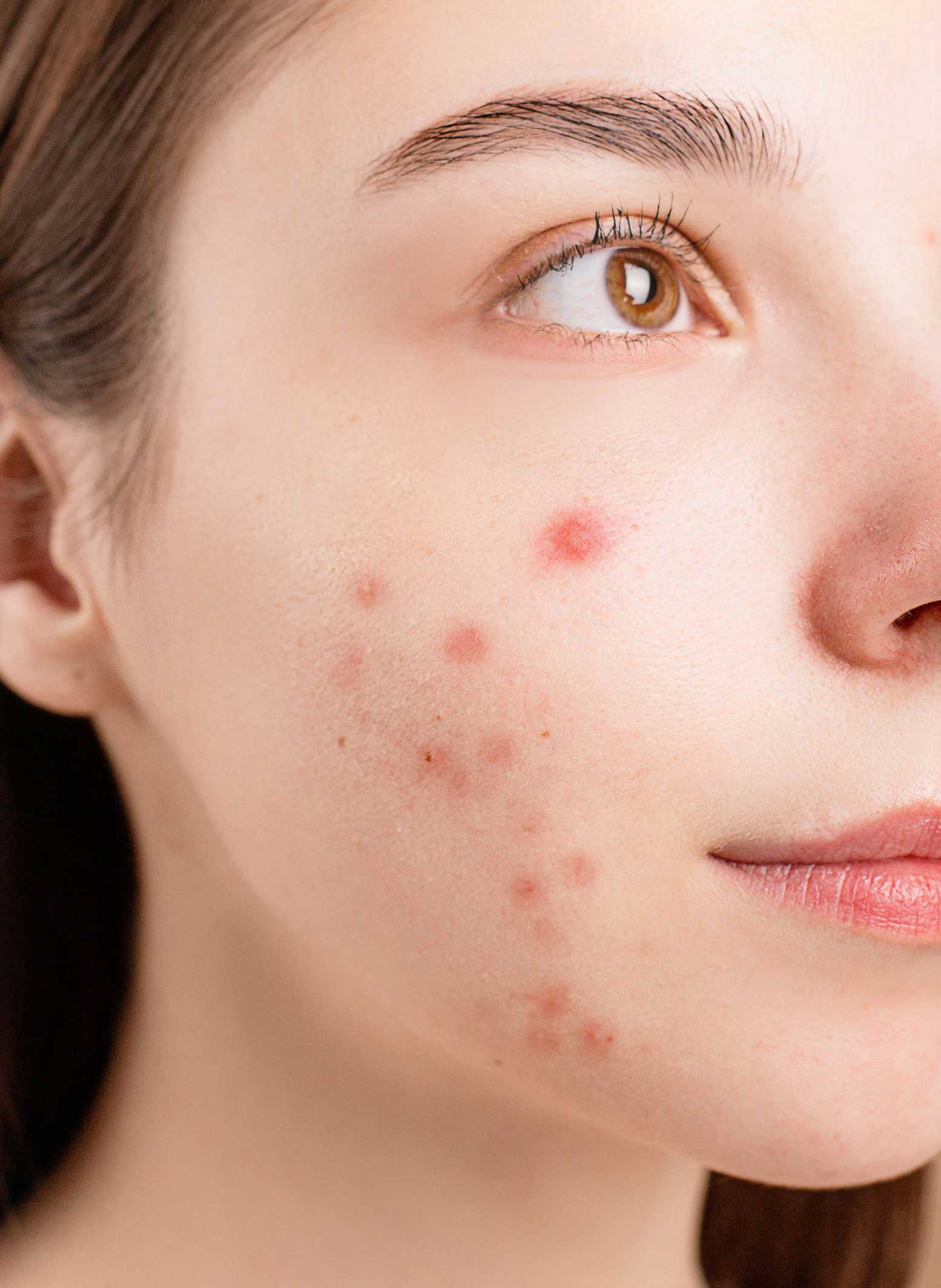C Common Skin Concerns
A Comprehensive Guide to Acne Prevention and Treatment
By
Beauty Doctor MD September 26, 2023

Acne, a common skin condition, affects millions of people worldwide, transcending age and gender boundaries. While it’s often associated with adolescence, acne can persist into adulthood and be a source of frustration and self-consciousness. This comprehensive guide explores the intricacies of acne, offering insights into its causes, prevention strategies, and effective treatment options.

Understanding Acne
What Is Acne? Acne, medically known as acne vulgaris, is a skin condition that occurs when hair follicles become clogged with oil and dead skin cells. It often manifests as pimples, blackheads, whiteheads, cysts, and nodules. Acne can affect various parts of the body, but it primarily appears on the face, chest, back, and shoulders.
The Role of Sebaceous Glands Sebaceous glands, located beneath the skin’s surface, produce an oily substance called sebum. Sebum is essential for maintaining skin health by preventing it from becoming too dry. However, an overproduction of sebum can lead to clogged pores, fostering the ideal environment for acne-causing bacteria to thrive.
Factors Contributing to Acne
- Hormonal Changes: Hormonal fluctuations, often seen during puberty, menstruation, pregnancy, and menopause, can trigger acne. Androgens, male hormones present in both men and women, stimulate sebaceous glands, leading to increased sebum production
- Genetics: A family history of acne can increase an individual’s susceptibility to the condition.
- Diet: Some studies suggest a connection between certain foods, particularly high-glycemic-index foods and dairy products, and acne. However, the link is not yet fully understood.
- Skin Care Products: The use of pore-clogging cosmetics or certain skincare products can exacerbate acne.
- Stress: Chronic stress can lead to hormonal changes that may worsen acne.
Acne Prevention Strategies

- Maintain a Consistent Skincare Routine:
- Use a gentle cleanser to wash your face twice daily to remove excess oil and impurities.
- Avoid harsh scrubbing, as it can irritate the skin and worsen acne.
- Use non-comedogenic (won’t clog pores) and oil-free skincare and makeup products.
- Avoid Touching Your Face:
- Touching your face can transfer bacteria and dirt from your hands to your skin, potentially worsening acne.
- Diet and Hydration:
- Consume a balanced diet rich in fruits, vegetables, and whole grains.
- Stay hydrated by drinking plenty of water.
- Limit the intake of high-sugar and high-dairy foods, as they may exacerbate acne in some individuals.
- Manage Stress:
- Engage in stress-reduction techniques like meditation, yoga, or deep breathing exercises.
- Regular Exercise:
- Exercise increases blood flow, which can promote healthy skin. Just be sure to shower and cleanse your face after sweating to prevent pore clogging.
- Avoid Smoking and Excessive Alcohol Consumption:
- Smoking and heavy alcohol use can worsen skin conditions, including acne.
Over-the-Counter (OTC) Acne Treatments
For mild to moderate acne, several OTC products can be effective:
- Topical Retinoids: These derivatives of vitamin A help unclog pores and promote skin cell turnover.
- Benzoyl Peroxide: This antibacterial agent kills acne-causing bacteria and helps clear blocked pores.
- Salicylic Acid: It’s effective at exfoliating the skin and keeping pores clear.
- Alpha Hydroxy Acids (AHAs): AHAs like glycolic acid help exfoliate the top layer of skin, preventing clogged pores.
- Sulfur: Sulfur products can help reduce excess oil and unclog pores.
When to Seek Professional Help
If OTC treatments don’t provide relief, it’s advisable to consult a dermatologist for a personalized treatment plan. A dermatologist can recommend prescription medications and therapies, such as:
- Topical Antibiotics: These can help reduce inflammation and control bacteria.
- Oral Antibiotics: For more severe cases of acne, oral antibiotics like doxycycline or minocycline may be prescribed.
- Hormonal Therapy: Birth control pills for females and anti-androgen medications can help regulate hormones responsible for acne.
- Isotretinoin (Accutane): This potent oral medication is reserved for severe, treatment-resistant acne due to its potential side effects.
- Chemical Peels and Laser Therapy: These procedures can be effective for certain types of acne and acne scarring.
- Extraction: Dermatologists can perform professional extractions of blackheads and whiteheads.
Caring for Acne-Prone Skin
Regardless of the treatment chosen, proper skincare is essential:
- Avoid Scrubbing: Gently cleanse and pat your skin dry. Harsh scrubbing can irritate acne-prone skin.
- Moisturize: Use a non-comedogenic moisturizer to prevent skin from becoming overly dry.
- Sun Protection: Apply a broad-spectrum sunscreen daily, as some acne medications can increase sun sensitivity.
- Patience: Acne treatments take time to show results. It’s essential to be consistent and patient.
Conclusion
Acne is a common and treatable skin condition that can significantly impact one’s self-esteem and quality of life. With a combination of proper skincare, lifestyle adjustments, and, if necessary, medical interventions, you can effectively manage and prevent acne. If you’re struggling with persistent or severe acne, don’t hesitate to seek guidance from a dermatologist who can tailor a treatment plan to your specific needs. Remember that with the right approach, clearer and healthier skin is achievable.


